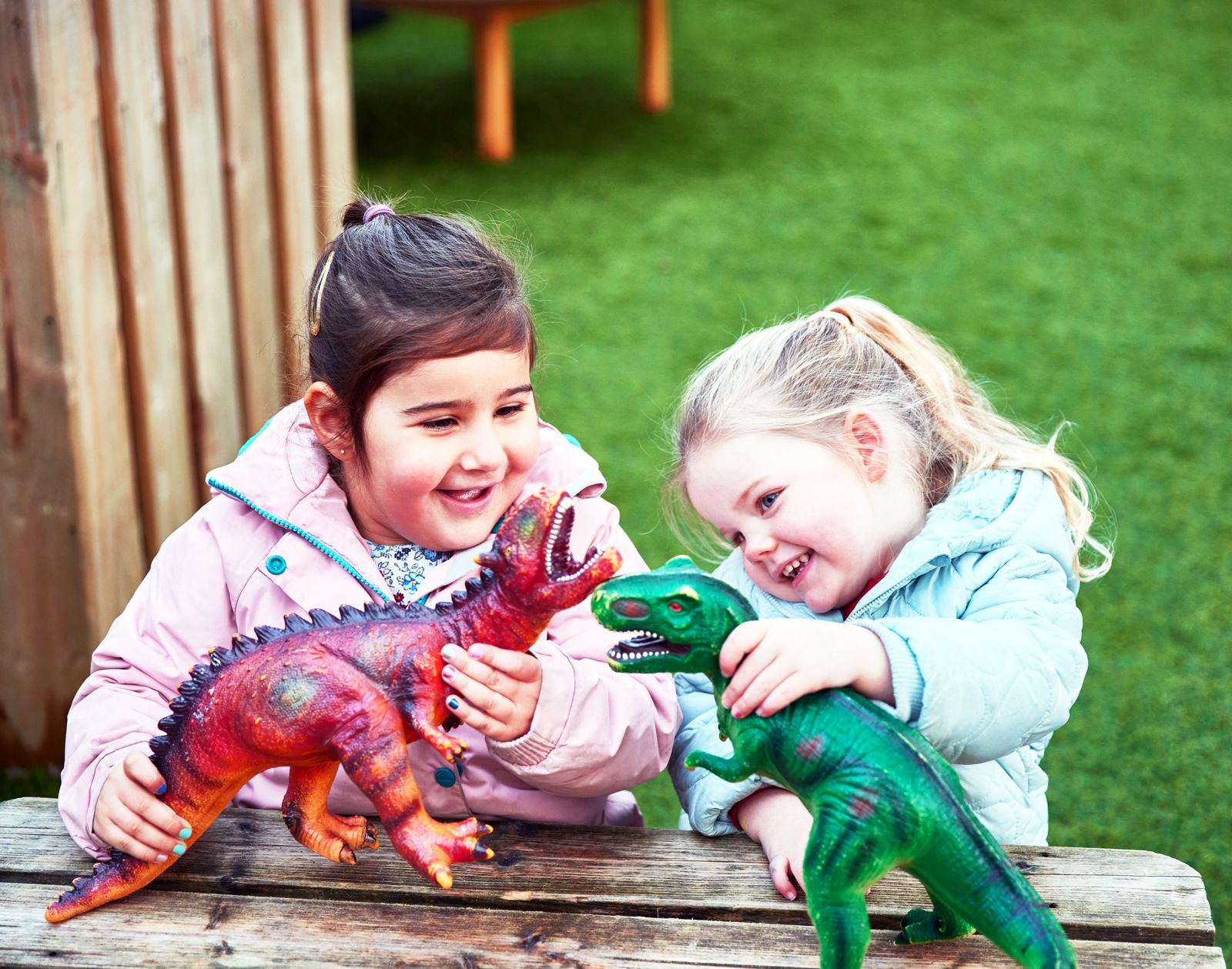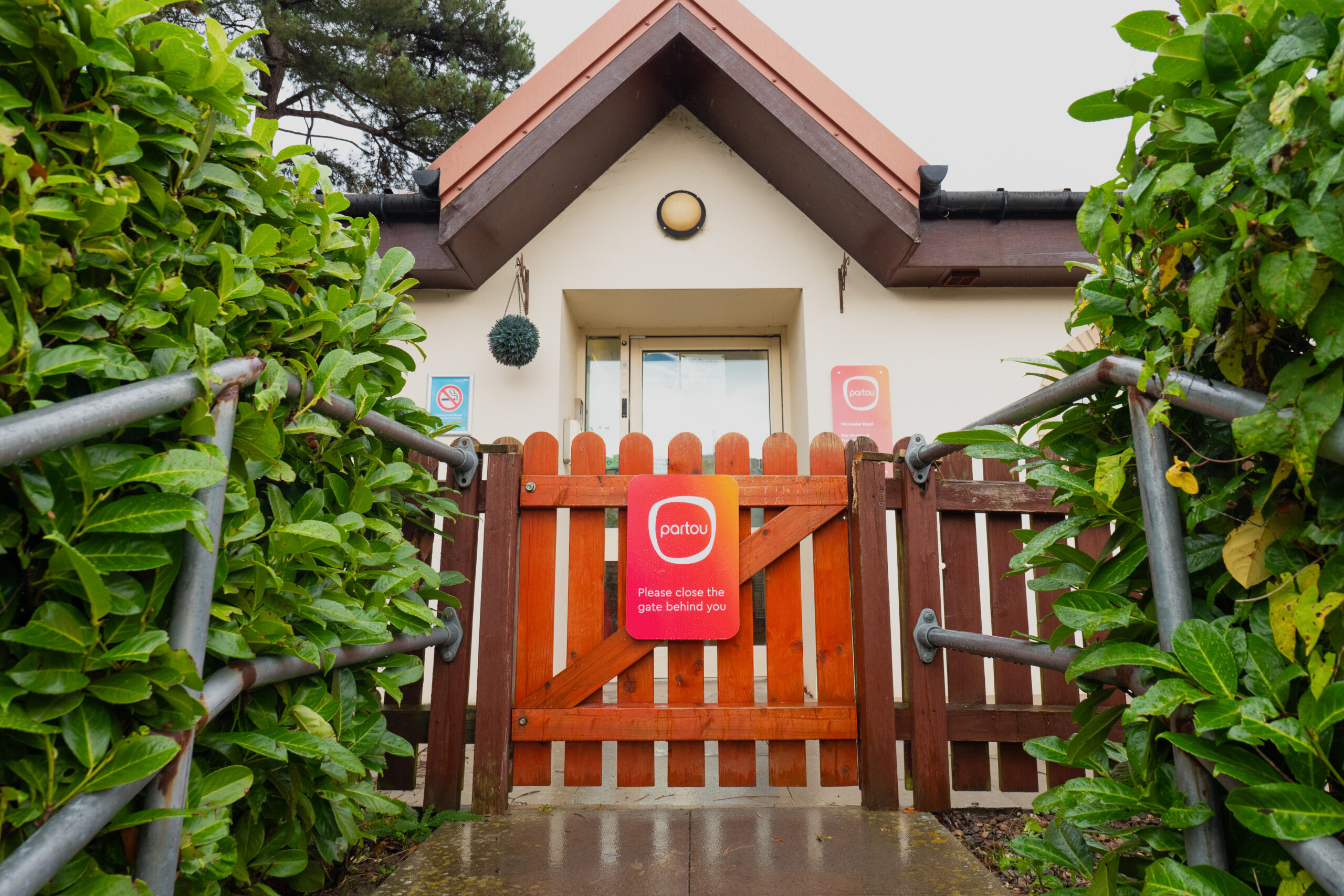
A parent’s guide to stress-free festive eating with children
Take a look at our helpful guide, on keeping food balanced, relaxed and enjoyable for children this Christmas, put together by Children's Food Nutritionist Laura Mathews
At Partou, we believe school readiness is about much more than learning letters and numbers. It’s about nurturing the confidence, curiosity, and independence every child needs to thrive in a new environment.
From physical skills like climbing and drawing to social and emotional growth, our nurseries are designed to support your child’s whole development. Through play, routine, and gentle encouragement, we help children prepare for one of life’s big milestones: starting school.
In this guide, you’ll discover what school readiness really means, the key life skills your child will develop with us, and how you can support their learning at home. Because when we work together, we help children feel not just ready for school—but ready to grow.

We recognise that starting school is a significant milestone in a child’s development. There is the element of the unknown, as well as the change in routine, environment, and new people to make relationships with and build attachments to. This includes the adults, too!
Throughout our nurseries and pre-schools, our team members strive to do everything possible to support this transition. Pre-school environments play a vital role in developing key skills, fostering emotional and social readiness, and supporting a smooth transition to formal schooling. We ensure that your child is well prepared for their next stage of learning through our ‘Ready for School’ approach. During their time in pre-school, children develop key skills that help them transition smoothly into school life.
School readiness is a crucial aspect of a child’s journey, supporting their developmental and preparatory process before entering school.
School readiness is a vital part of a child’s development, setting the stage for a positive experience as they move into an educational setting. When children are ready for school, they are equipped to adapt to the school environment, build new relationships, and embrace the routines of early years settings. Starting school is a big step, but with the right preparation, it can be a smooth transition for both children and their families. School readiness means more than just academic skills—it’s about physical development, healthy routines, growing independence, and the ability to form strong relationships. By focusing on these key areas, we can help children feel confident and excited as they begin their journey into school life.
There are a lot of myths around what a child ‘needs’ to be able to do before moving on to school. One of the biggest is that a child should be able to write their name.
It’s important to have a clear definition of school readiness, so both parents and teachers understand what skills and abilities are needed for a successful transition to school.
However, most reception teachers say that they don’t want children to start forming letters before they join their class.
So many other important skills and developments come first! School readiness is more than being able to write your name… A new definition of school readiness, developed collaboratively by parents and educators, can help standardise expectations and better support children as they prepare for school.
Children develop these skills at their own pace, so recognising and respecting individual timelines is key to supporting school readiness.
Physical development plays a crucial role in preparing children for school. When children develop strong gross motor skills—like running, jumping, and climbing—they are better able to participate in the active parts of school life. Experts recommend that children engage in physical activity for at least three hours each day, which helps build strength, coordination, and confidence. Fine motor skills are equally important, as they lay the foundation for tasks like drawing, using scissors, and eventually writing. Early years providers can support this growth by offering plenty of opportunities for outdoor play, movement games, and activities like nursery rhymes with actions. Whether it’s playing catch or joining in with a dance, these experiences help children develop the physical skills they need to thrive in school.
As early years educators and families, we need to understand the stages of gross motor development and the sequence of learning, of what comes before holding and controlling a pencil. And what comes before expecting a child to write their name?
Providing children with opportunities to push, pull, jump, swing, climb, day walking, dance, get dressed, paint, mark make, draw and explore playdough are things that support the later development of writing. These are all things that children have ample opportunities to practice whilst at a Partou nursery.
Practising new skills at home also helps children gain confidence and prepares them for the transition to school.
As published in Ofsted’s ‘Are you ready? Good practice in School readiness’ 2014, a primary school headteacher defined their ‘school’ view of school readiness as follows:
These are key skills children need to develop before starting school:
By 4, we would expect children to be ready to:
These skills are all learnt through…. Play!
And your child’s key person supports the development of these skills through your child’s interests.
Many organisations offer resources and support to help families prepare their children for school readiness, especially for those with additional needs.
Learn more about supporting your child’s transition to school.
At our nurseries, we help every child build the life skills they’ll carry with them forever.
Ready to take the next step? Find your local nursery to arrange a visit and see how we support children to grow in confidence and independence.

Take a look at our helpful guide, on keeping food balanced, relaxed and enjoyable for children this Christmas, put together by Children's Food Nutritionist Laura Mathews

We've compiled a list of popular questions families ask at nursery visits to help you when deciding which nursery to choose for your child's early years education.